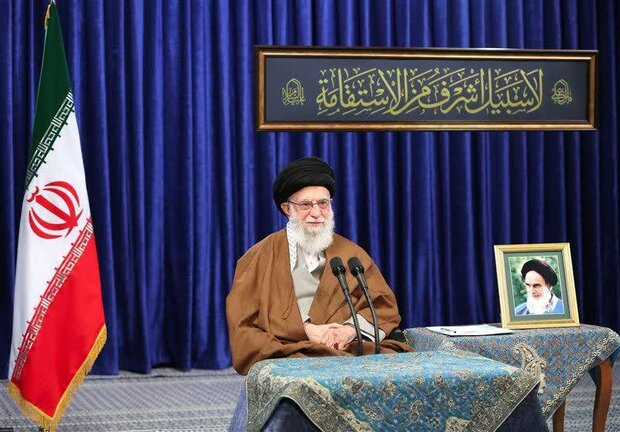Days of AllahImam Ali KhameneiIranLeaders of UmmahWest Asia
Leader to receive eulogists on Hazrat Zahra (pbuh) birth anniv.
Leader of Islamic Ummah and Oppressed Imam Ayatollah Seyyed Ali Khamenei will receive religious eulogists and panegyrists on Wednesday through an online video conference.

The meeting will be held on the occasion of the birthday anniversary of Hazrat Fatima Zahra (PBUH), the daughter of Prophet Mohammad (PBUH), which is celebrated in Iran as National Women’s Day and Mother’s Day.
This year’s meeting, however, will be held via video conference due to the coronavirus pandemic.
The meeting will be broadcast live on state TV channels.







